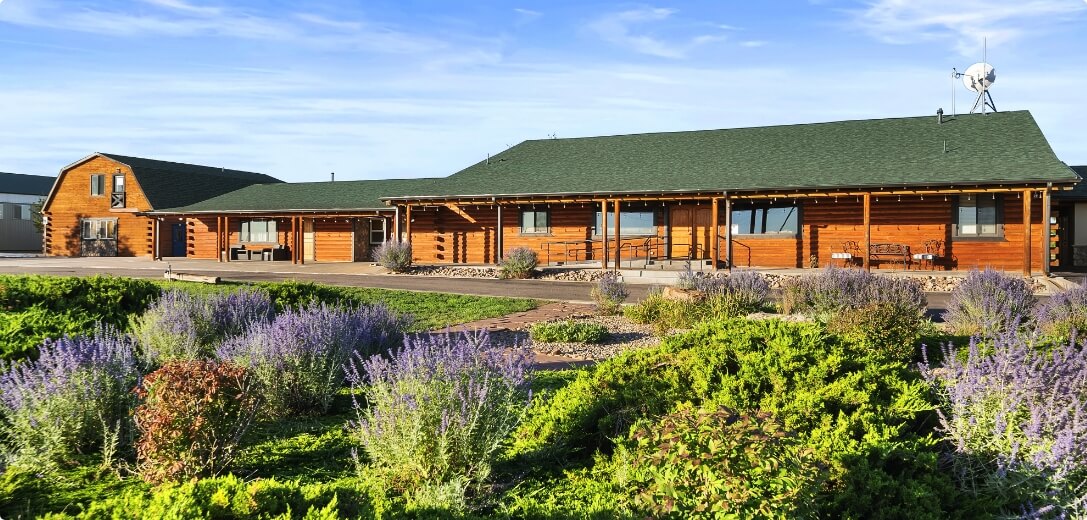The bargaining stage is actually an extension of denial, and it can manifest in slightly different ways depending on whether a person is currently in active addiction or in addiction recovery.
In part three of our five-part blog series, we’ll take a closer look at the bargaining stage as it pertains to those who are experiencing active addiction and those who are further along in recovery. We’ll also offer some helpful techniques for moving beyond the bargaining stage.

Bargaining while in active addiction
If you are currently in the active addiction stage, you may find yourself willing to make promises or compromises that allow you to continue abusing your substance of choice in exchange for token changes in behavior. For example, promising never to drink alcohol alone. Or not to come to work under the influence of drugs. No matter what you promise yourself, this type of bargaining almost never works out in your favor. Why not?
When you are suffering from drug or alcohol dependency, you know that continuing to abuse the substance(s) of your choice results in instant gratification. While you may be aware of the benefits of sobriety, you also know that achieving those benefits requires ongoing hard work, commitment and, most of all, time.
Bargaining while in addiction recovery
On the other hand, bargaining while in recovery from drug or alcohol addiction may take a different form. Here’s an example: Consider an individual who is recovering from dependency on alcohol. After several months – or even years – of sobriety, he may start to believe that he has the ability to use alcohol while maintaining control. So he makes certain allowances in which he feels it is OK to drink.
The problem with making this bargain with yourself is that it establishes a model for allowing substance abuse back into your life. What starts out as an occasional drink around the holidays can quickly turn into regular drinking after work, and then drinking to cope with sadness or even to celebrate happiness. Incorporating strategies like horticulture and ecotherapy treatment into your recovery plan can help you build healthier habits and coping mechanisms.
Tips for moving beyond bargaining
Put the past behind you – It’s understandable to want everything to be the way it was before you started your journey toward recovery, or became aware of your struggle with substance abuse in the first place. In some ways, your past probably seems familiar and safe. But if there’s one thing we know about the past it’s that we are destined to repeat our mistakes if we choose not to learn from them.
Focus on the rewards of sobriety – Better relationships. Better health. More success. True, these things won’t happen overnight. But, like everything in life, the best things are worth fighting for. Substances might make the present you feel better now, but it comes at the expense of your future self.
Seek help from professionals – You don’t have to confront the bargaining stage alone. You can work together with a substance abuse counselor, an addiction treatment center, or an addiction support group. Evidence-based approaches like motivational interviewing can be particularly effective in addressing ambivalence and helping individuals commit to positive change.
We are here to help
At The Raleigh House we help people who are suffering from dependency on drugs or alcohol. If you would like more advice for dealing with the bargaining stage, or any of the other stages of grieving, our addiction treatment center is a great place to start.
When you’re ready to start, The Raleigh House is ready to help. Call us today.
Related Articles
Drug & Alcohol Dependency: Overcoming Denial
What Are the Stages of Addiction: An Overview on The Progression of Substance Use
A Day in the Life of a Drug Addict: What Your Loved One Goes Through

